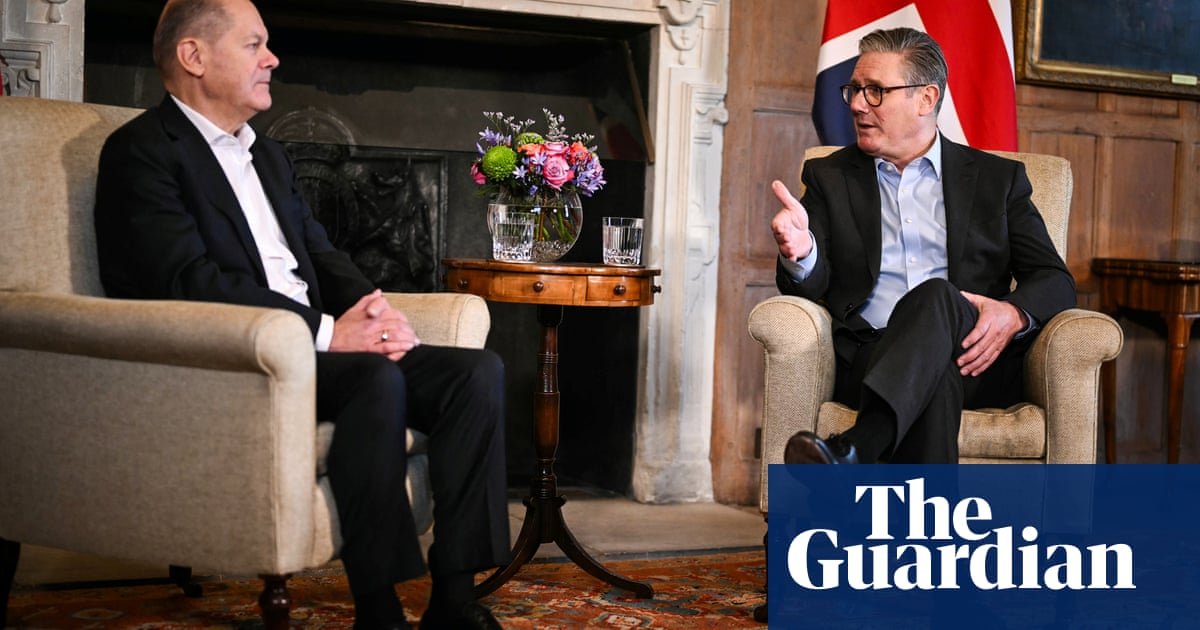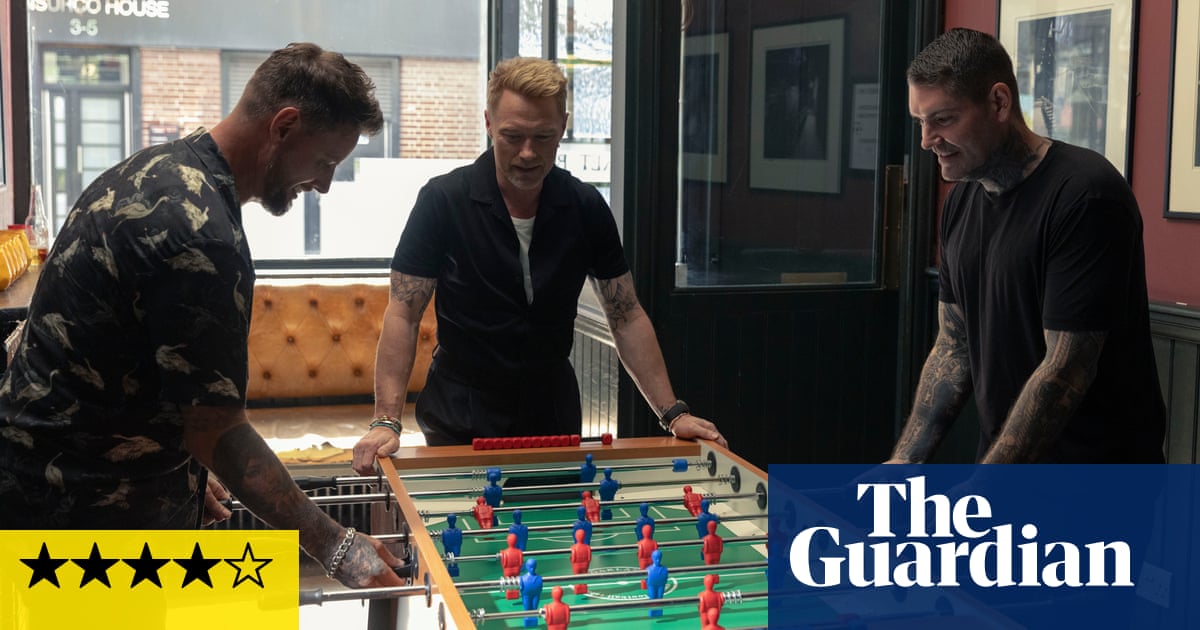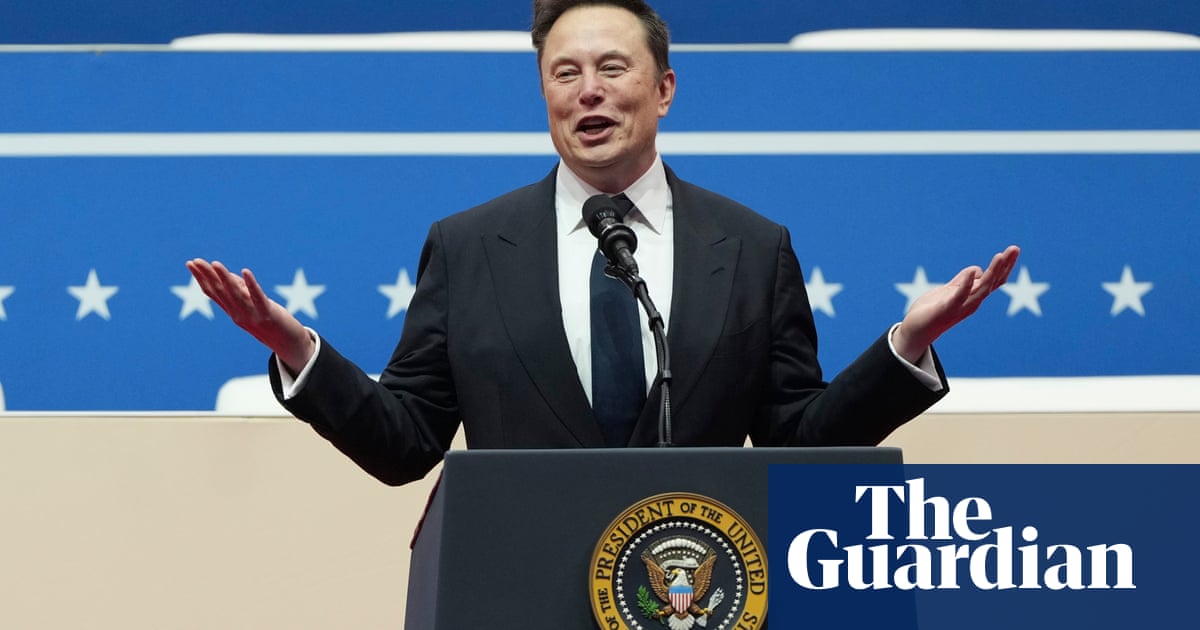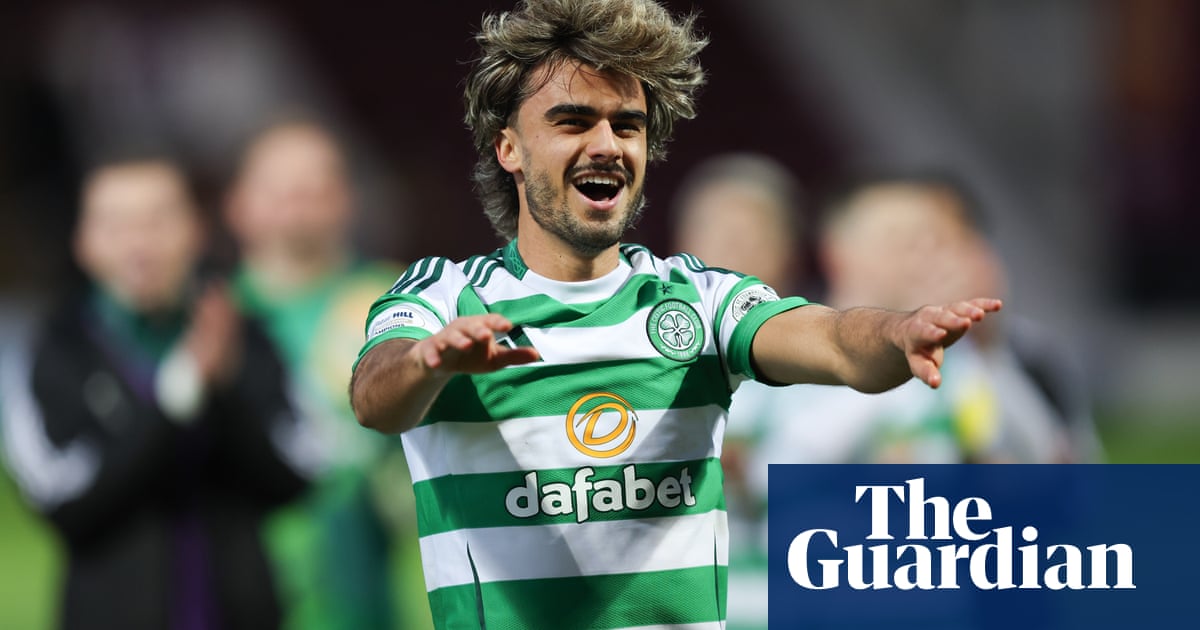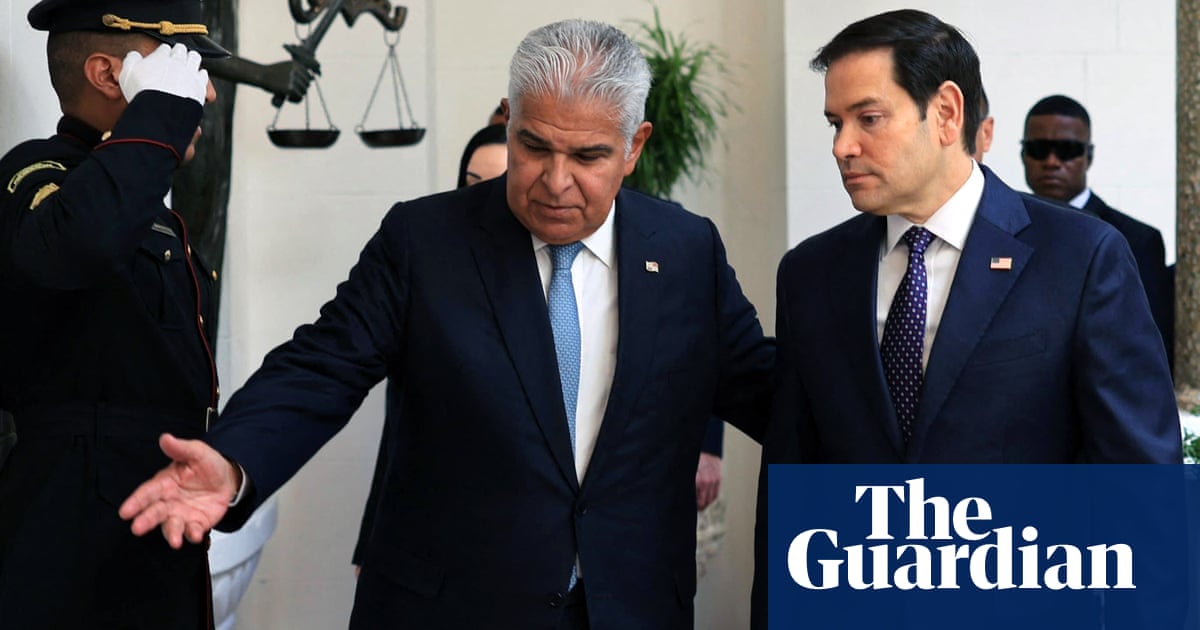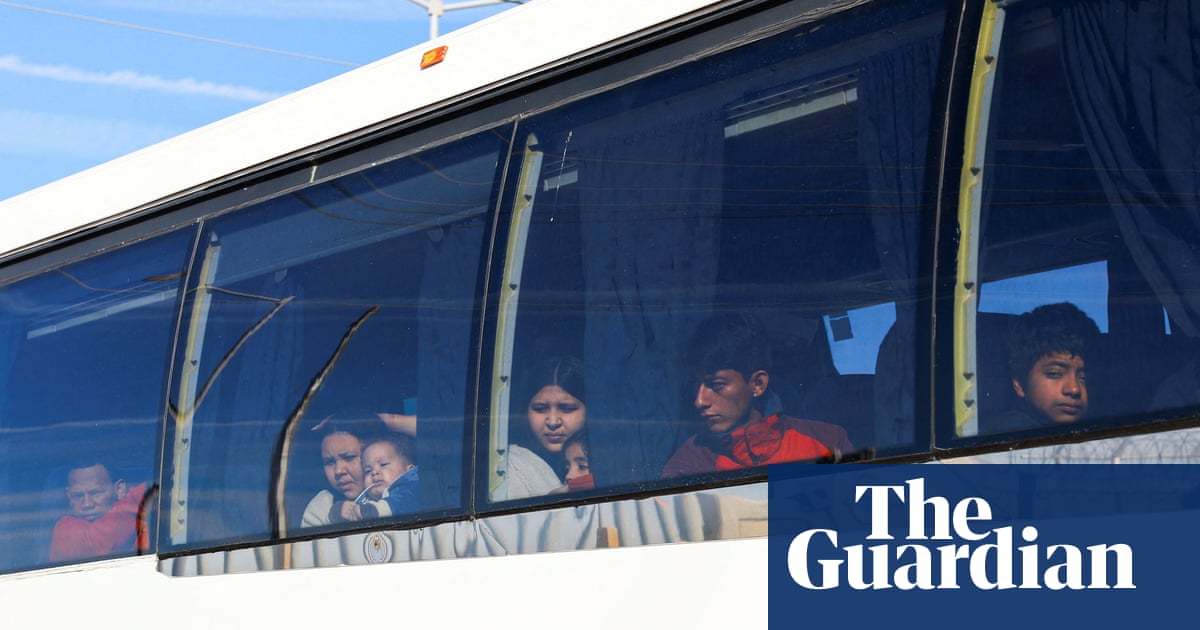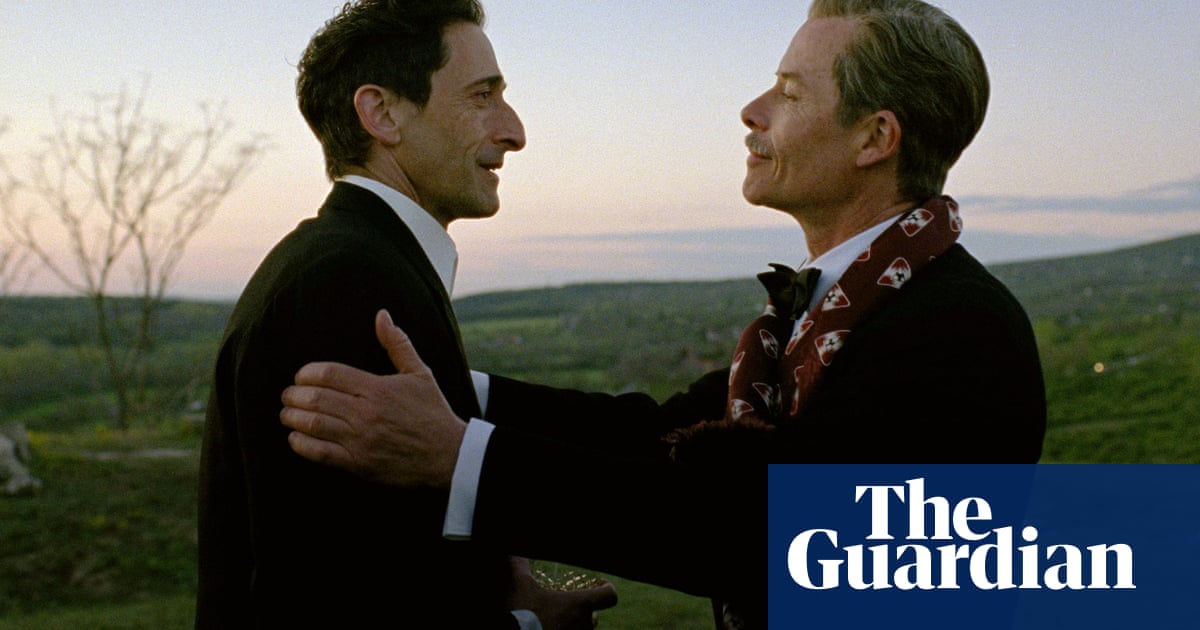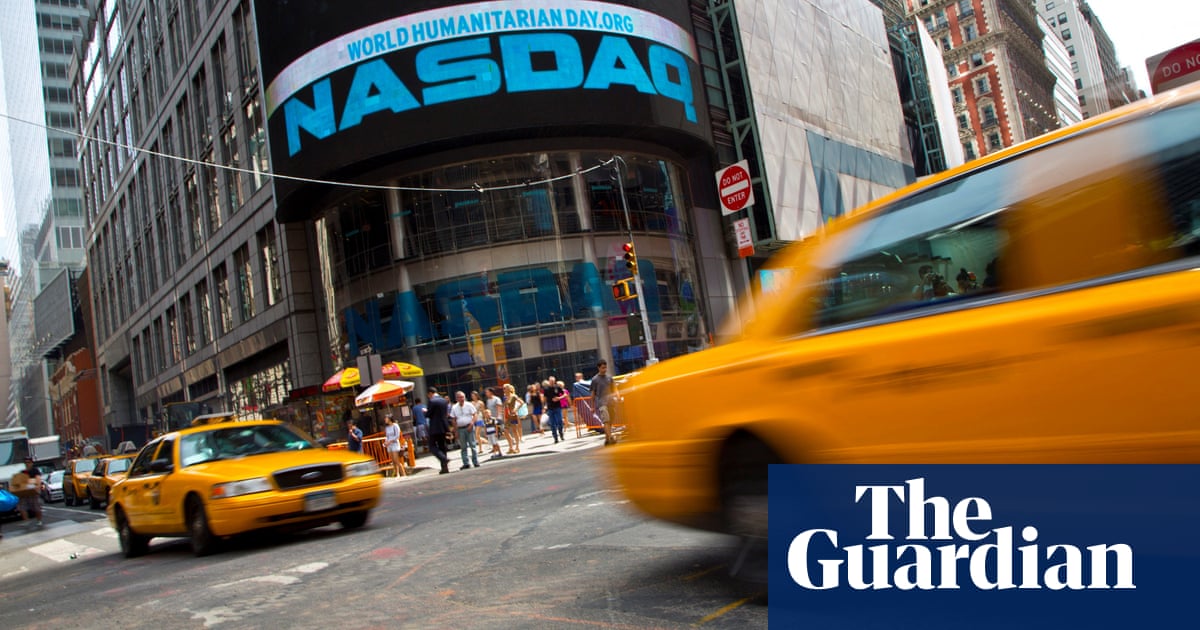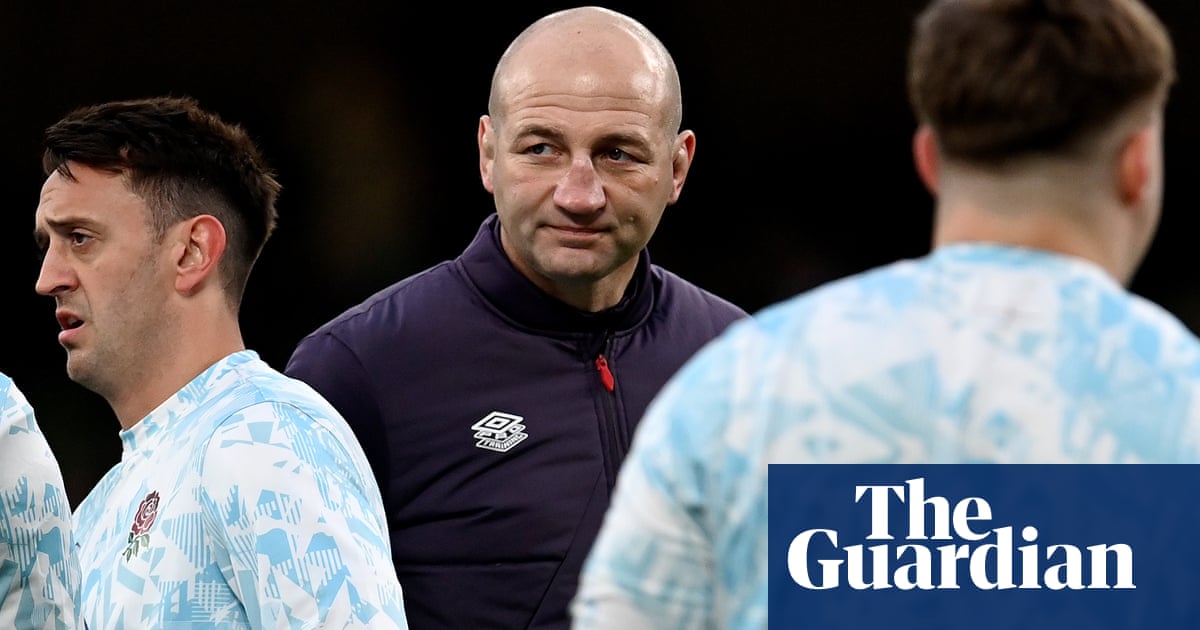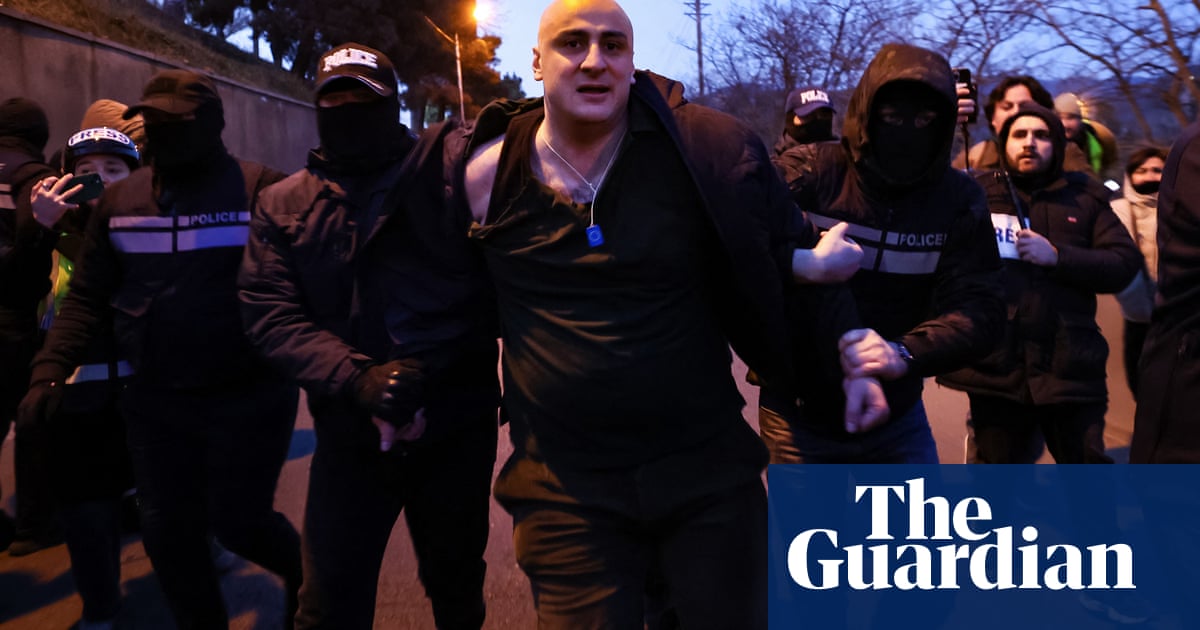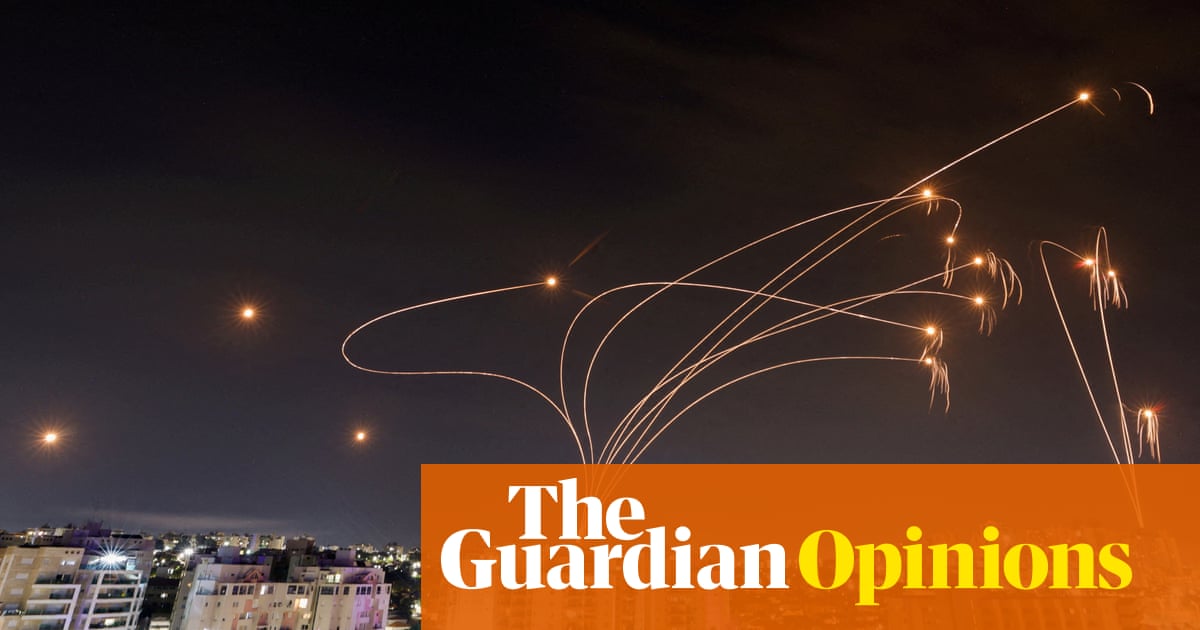Keir Starmer’s hopes for a defence and security pact risk being stalled over fishing rights, as he heads to Brussels for the first post-Brexit meeting of its kind on Monday.
The prime minister has been invited to join the EU’s 27 heads of state and government for dinner in Brussels to discuss EU-UK defence, a subject that has gained urgency following Russia’s brutal invasion of Ukraine.
The invitation, from the European Council president, António Costa, comes before an EU-UK summit this spring, which is intended to be a springboard for improving the relationship, although possible outcomes remain unclear.
The wider EU-UK reset is not on the day’s agenda but Starmer is still facing calls from the Liberal Democrats to use the summit as an opportunity to push for a return to the customs union.
The prime minister ruled that out on Sunday – saying rejoining the single market, customs union and free movement were a red line. However, ultimately a deal on security cooperation and getting smoother customs arrangements will be a priority for the UK.
The working dinner on Monday at the Palais d’Egmont in central Brussels will be the first time a UK prime minister has met all 27 EU leaders since Britain’s formal exit from the union five years ago. Starmer will also meet the Nato secretary general, Mark Rutte, who is seen as one of Europe’s most skilful communicators with Donald Trump.
In October Starmer met the European Commission president, Ursula von der Leyen, when the two sides agreed to strengthen cooperation “at pace” including in security.
More than three months later, little has advanced. The EU has drawn up guidelines for the reset that stress an early deal on fishing rights is necessary for moving forward in other areas.
Yvette Cooper, the home secretary, said on Sunday that Starmer would seek to improve customs arrangements with Europe without returning to a full union with the bloc.
Pressed on Sky News’s Sunday Morning with Trevor Phillips programme on what different customs arrangements could mean, she said the government wanted to “get rid of some of the bureaucracy” across borders. Cooper ruled out joining the customs union as a “red line” but left the door open to the possibility of another type of customs deal.
She described a youth mobility scheme sought by the EU as “not the right starting point for us at all” but the government has been careful not to rule it out as part of an overall deal.
Three EU diplomatic sources said that a package approach applied to any EU-UK security pact, with a large majority of member states supporting this approach.
One senior EU diplomat said the relationship with the UK had “many different buckets”, listing security, energy, fisheries, migration, youth mobility and a veterinary agreement, and said all were interlinked.
“We share security interests with the UK and the UK shares it with us,” the diplomat said. “But at the same time, and there is no beating around the bush, that the future relationship on fisheries is also very important.”
They added that there was “no direct tradeoff” between fish and security, but that the commission, which will lead negotiations, would have to keep the different issues in parallel.
The EU would like to roll over the current post-Brexit agreement on fishing rights, which expires in June 2026, but Starmer will be under pressure from Reform UK to get bigger quotas for British fishing fleets.
The conflict over sequencing is reminiscent of the Brexit negotiations, when the EU said “nothing is agreed until everything is agreed” in order to maximise leverage.
The talks at the dinner are not expected to discuss such details, nor reach any formal conclusions. Costa, a former Portuguese prime minister, who took over chairing European Council meetings in December, wants informal discussions without any final text.
In a letter ahead of the event, Costa said the EU27 needed to discuss “goals and priorities with non-EU partners” and went on to describe the UK as “a key partner”.
Before the 27 leaders meet Starmer, they will have daylong talks between themselves that are likely to be less consensual. France, Italy, Spain, Poland and Estonia would like to see common EU funds for defence – raised by common borrowing. Germany’s government, which is facing elections this month, backed by its frugal ally the Netherlands, is deeply opposed to more shared debt.

.png) 4 hours ago
1
4 hours ago
1
